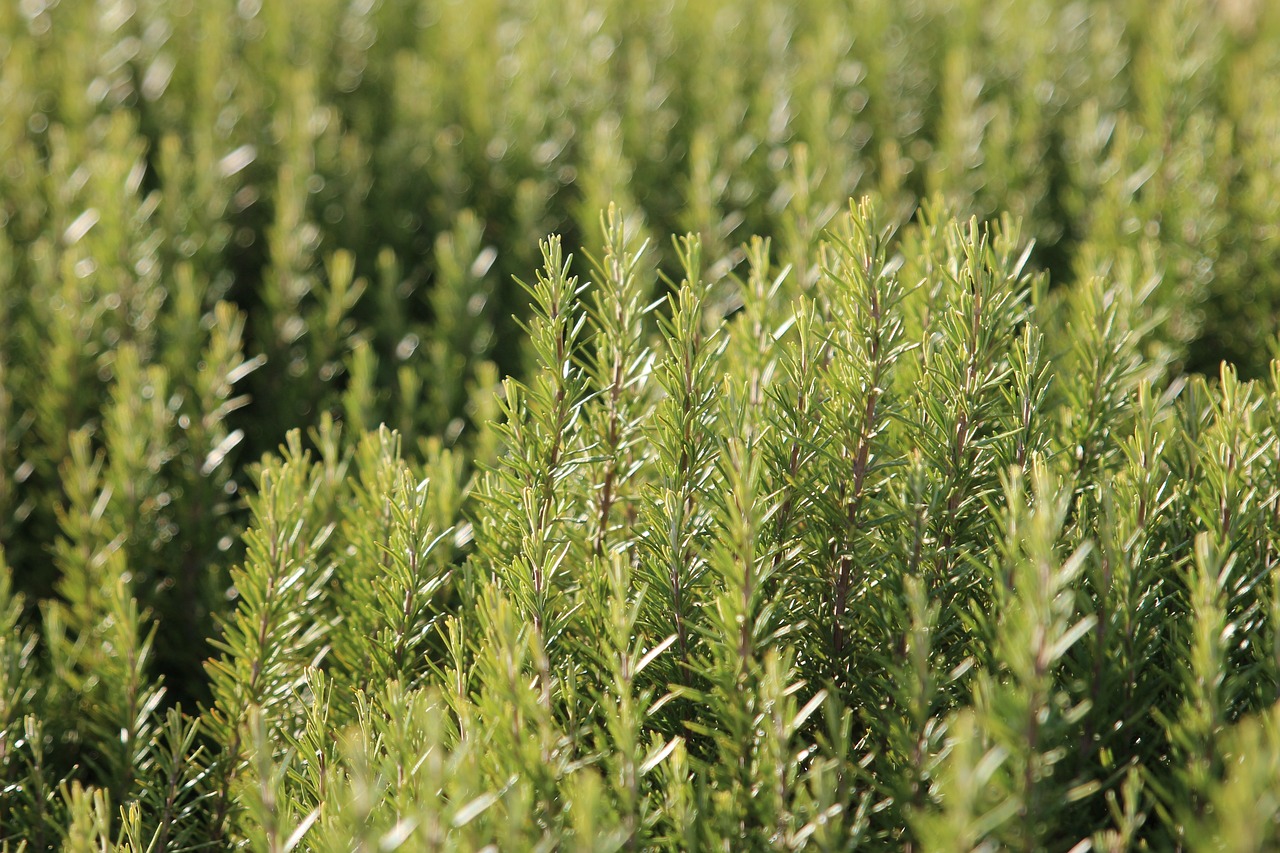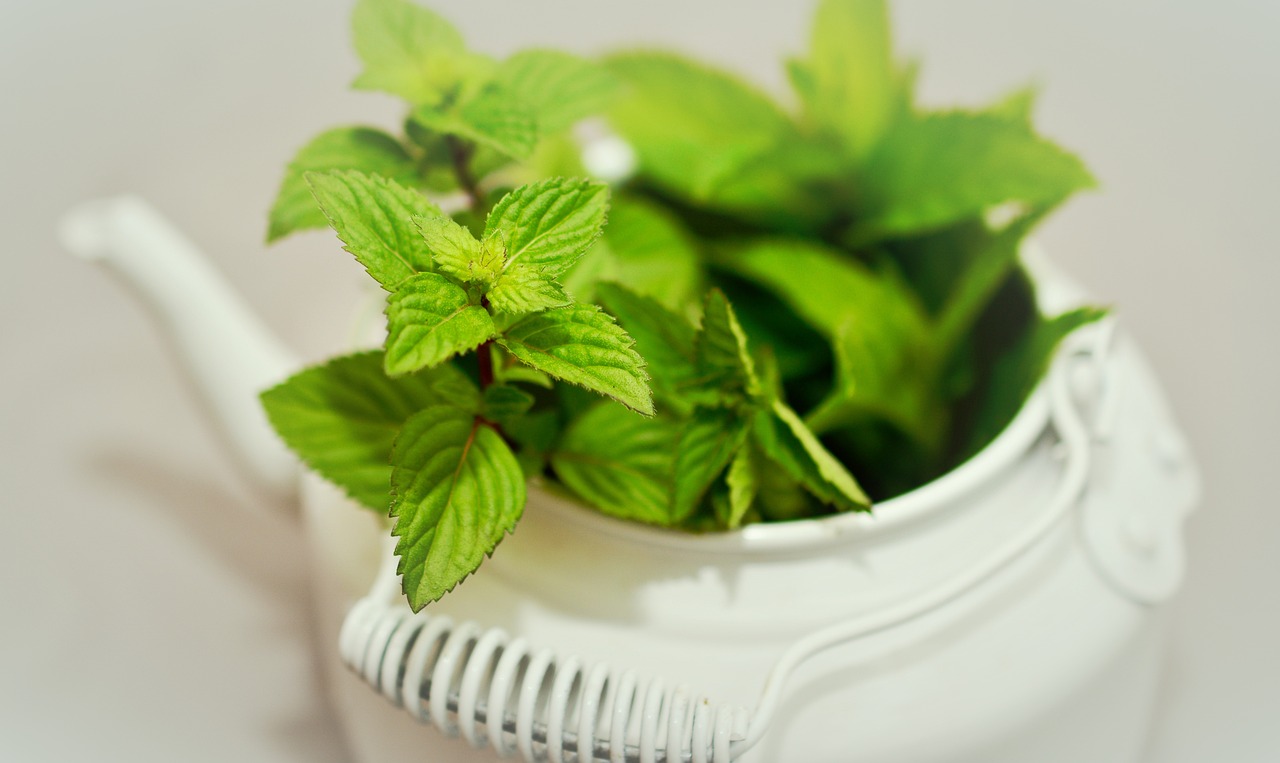Alzheimer’s – Rosemary Helps Protect Against This Disease

For several years we have been aware that the plant compound, rosmarinic acid has anti-Alzheimer’s properties. Now, a recently published research paper has described how carnosic acid (a compound that occurs in the common culinary herbs, rosemary and sage) also has the capacity to prevent and possibly treat this distressing disease.
In ground-breaking research, scientists from Iwate University in Japan and the Burnham Institute for Medical Research in California have found that the antioxidant, carnosic acid protects the brain from free radical damage.
Oxidative damage, caused by excess free radicals is a major cause of neurodegenerative diseases such as stroke, Alzheimer’s and Parkinson’s diseases.
Writing in the November 8 edition of the Journal of Neurochemistry the scientists involved in this research describe the novel way in which carnosic acid works to protect the brain from free radical damage.
Unlike many other plant compounds, antioxidants and drugs, carnosic acid is able to cross the blood-brain barrier – a physiological barricade that protects the brain from harmful agents such as microorganisms and toxins.
Moreover, carnosic acid does not have any undesirable effects on normal brain cells and is only activated in the presence of free radical damage. In other words, this extraordinary compound lies dormant until sparked into action by the same disease process that it then neutralizes!
This remarkable feature of carnosic acid stands in stark contrast to that of many other naturally occurring antioxidants that do not have this phenomenal property. The others all tend to neutralize free radicals as they come into contact with them.
The problem here is that the body actually uses some free radicals to kill cancer cells and invading microbes. A high concentration of one or more antioxidants may eliminate too many free radicals leaving none available for the cell’s defensive processes to use to destroy tumor cells, bacteria, viruses and other organisms.
Carnosic acid, on the other hand waits innocuously until the damage caused by the excess free radicals triggers its protective response.
The property whereby a therapeutic agent works only in the presence of the pathological process that it is capable of acting against is called pathological-activated-therapy (PAT). It is one of the goals of modern science to develop drugs that exhibit PAT properties as they will produce far fewer toxic side effects than medicines that do not have this attribute. Carnosic acid is one of the first naturally occurring compounds to demonstrate this valuable characteristic.
Carnosic acid has two other properties that make it a vital neuroprotective agent:
1. It protects against the narrowing of the left and right middle cerebral arteries – two of the major arteries carrying blood to the brain. Narrowing of these arteries with age is a common and important factor contributing to the development of neurodegenerative diseases.
2. Carnosic acid increases the body’s production of the antioxidant, glutathione. Glutathione is one of the most important antioxidants that help to protect the brain against free radical damage.
This landmark research has unearthed yet more pieces of a fascinating jigsaw puzzle. The picture that is emerging is one composed of many common culinary herbs and spices that can help to prevent and treat these ubiquitous neurodegenerative diseases.
While scientists continue to look for ways to produce more powerful drugs based on phytochemicals like carnosic acid, we should avail ourselves of herbs and spices like rosemary, sage and others that contain carnosic acid, rosemarinic acid and many other compounds whose neuro-protective properties have yet to be discovered by the scientific world.
Furthermore, as many of the compounds in culinary herbs and spices work synergistically with one another, we need to eat a wide variety of these vitally important foods on a daily basis.
For those who do not eat a diet rich in herbs and spices it is imperative that they use a balanced spice supplement in order to reduce the risk of developing Alzheimer’s and other degenerative diseases like cancer, heart disease and diabetes that are all associated with free radical damage, inflammation and the aging process.
The Author:
Keith Scott is a medical doctor with a special interest in the healing properties of spices and phytonutrients. He has written several books including “Medicinal Seasonings, The Healing Power of Spices”








